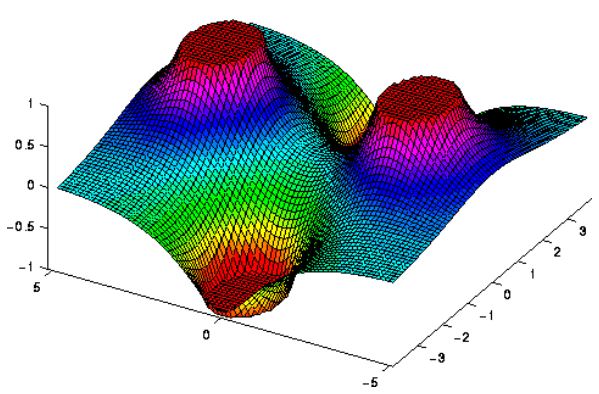Trapped Ion Quantum Computers Become Viable With Large Speed Increase
A team of researchers from the University of Oxford were able to drastically increase the speed of trapped-ion logic gates, making it more practical to build a real trapped-ion quantum computer.
Trapped-Ion Quantum Computers
Researchers have been working on multiple types of universal quantum computers since the '90s. The most popular include superconducting quantum computers (developed by IBM, Google, and Rigetti), silicon quantum computers (researched by the University of New South Wales and Intel), topological quantum computers (researched by Microsoft), and trapped ion quantum computers, such as those researched by the University of Oxford.
All of these types of quantum computers have their pros and cons. The most practical ones seem to be the superconducting kind, so far, as they are the furthest ahead in number of logical qubits and performance.
Ions, or charged atomic particles, can be confined through electromagnetic fields. The qubits of a trapped ion quantum computer are stored in the stable electronic state of each ion. Then lasers are applied to entangle qubits or do other operations on them via logic gates.
New Speed Record For Trapped Ion Logic Gates
The logic gates of the trapped-ion quantum computers, which manipulate and perform operations on the qubits, have historically been much slower than their superconducting counter-parts. However, trapped ion quantum computers have much more stable qubits, surpassed only by topological quantum computers.
Researchers from the University of Oxford were able to increase the speed of trapped ion logic gate operations without compromising accuracy. Trapped ion quantum computers tend to have much lower error rates than superconducting qubits because the trapped ion qubits can be easily replicated.
In the announcement, the University of Oxford researchers said:
Get Tom's Hardware's best news and in-depth reviews, straight to your inbox.
Trapped ions move like a pendulum during the gate operation, but when this process is sped up they become sensitive to a number of factors that cause errors. By making use of a technique that precisely shapes the force on the ions such that the gate performance becomes robust to these factors, we were able to increase the speed by a factor of 20 to 60 compared with the previous best gates – 1.6 microseconds long, with 99.8% precision.
The researchers believe that they have now reached a point where the speed of the logic gates and the fidelity of the qubits is high enough that work can begin to build viable trapped ion quantum computers.
Lucian Armasu is a Contributing Writer for Tom's Hardware US. He covers software news and the issues surrounding privacy and security.

